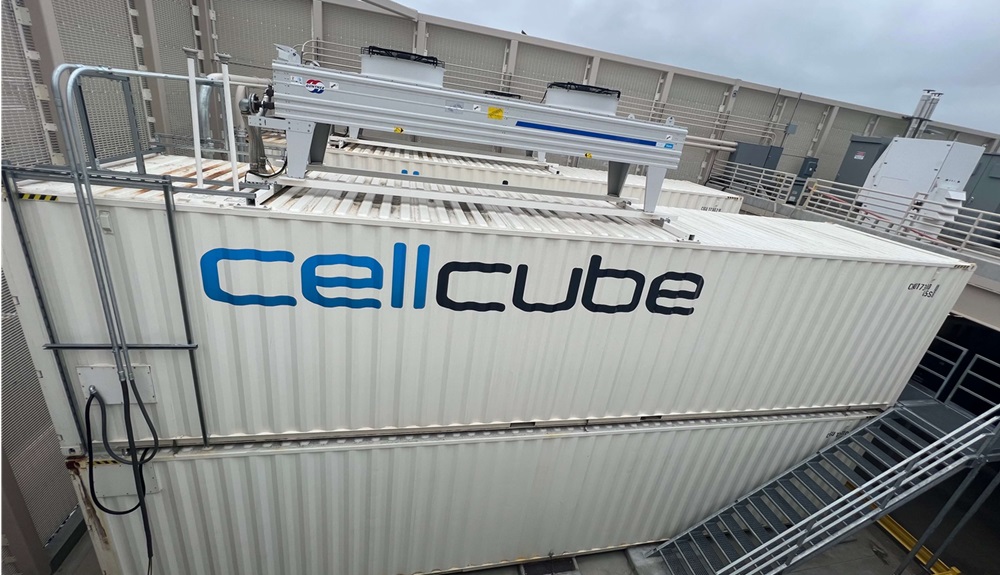From pv magazine USA
Analysis by NREL shows that solar energy systems, when paired with 14-day long duration energy storage (LDES), can outperform military-grade emergency diesel generators (EDGs) in both survivability and financial viability for military applications.
Historical statistics comparing the failure rates of EDGs to solar plus LDES technologies demonstrate that, over a 14-day standard military uptime evaluation, solar plus LDES’ survivability probability exceeds 95%, while the diesel generators’ survivability hovers around 80%.

The study also suggests that a more strategically sized solar-plus-storage system could achieve nearly perfect reliability, with uptime approaching 100% over a two-week period. NREL differentiates between the 95%+ ‘Intermediate’ battery energy storage system (BESS), which is currently available for field testing and provides a 38% round-trip efficiency, while the 100% ‘Goal’ BESS, still in the conceptual phase, is expected to provide a 48% round-trip efficiency and cut the energy storage system costs in half. However, since the ‘Goal’ BESS is currently under development, future costs may deviate from these projections.
The analysis also found that the Intermediate solar-plus-storage projects had a positive net present value, meaning that they paid for themselves over the long term. The same could not be said for the EDGs. The theoretical Goal BESS sized projects with 100% uptime over the 14-day window were projected to have a net present value positive over their lifetimes.

To continue reading, please visit our pv magazine USA website.
This content is protected by copyright and may not be reused. If you want to cooperate with us and would like to reuse some of our content, please contact: editors@pv-magazine.com.



1 comment
By submitting this form you agree to pv magazine using your data for the purposes of publishing your comment.
Your personal data will only be disclosed or otherwise transmitted to third parties for the purposes of spam filtering or if this is necessary for technical maintenance of the website. Any other transfer to third parties will not take place unless this is justified on the basis of applicable data protection regulations or if pv magazine is legally obliged to do so.
You may revoke this consent at any time with effect for the future, in which case your personal data will be deleted immediately. Otherwise, your data will be deleted if pv magazine has processed your request or the purpose of data storage is fulfilled.
Further information on data privacy can be found in our Data Protection Policy.